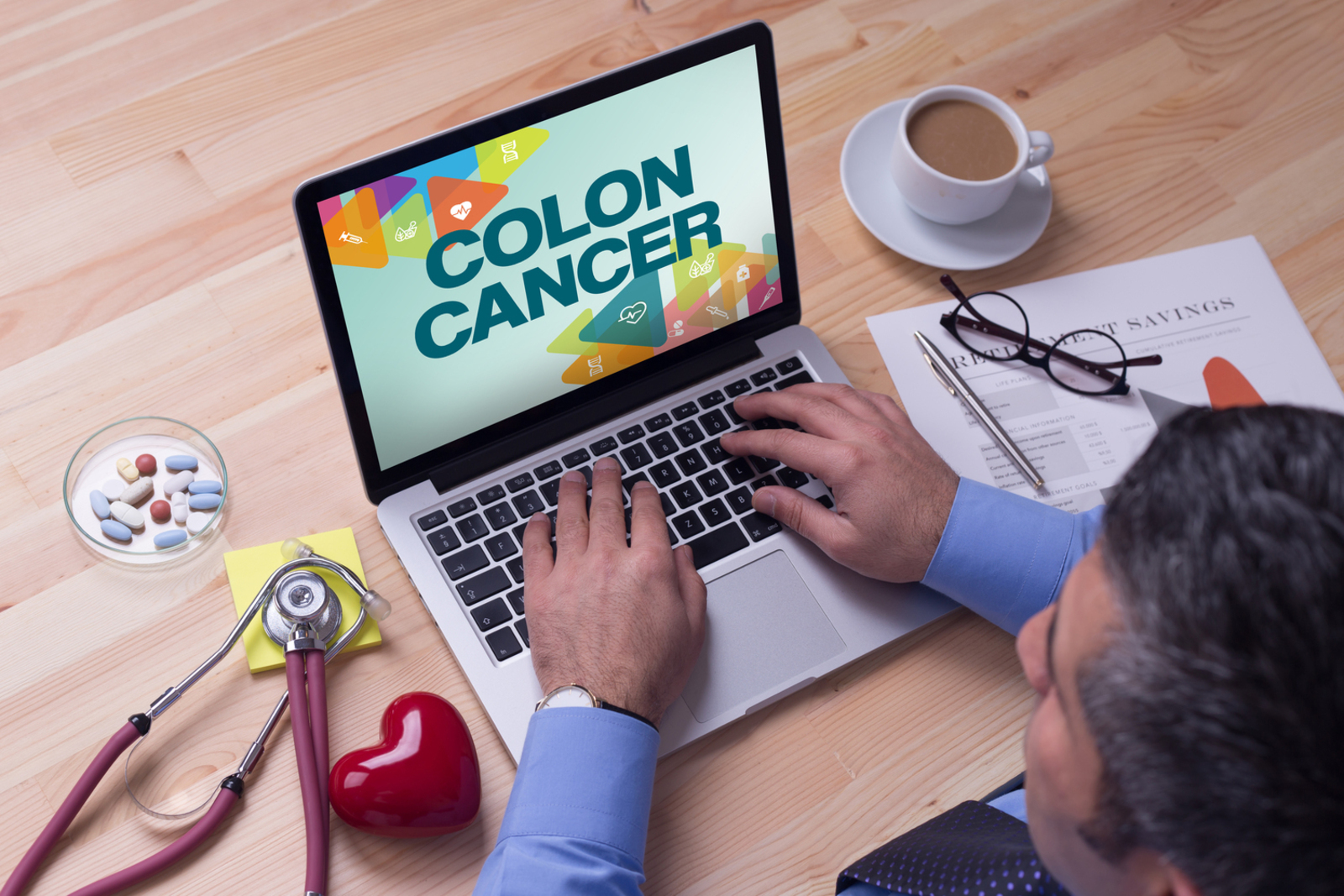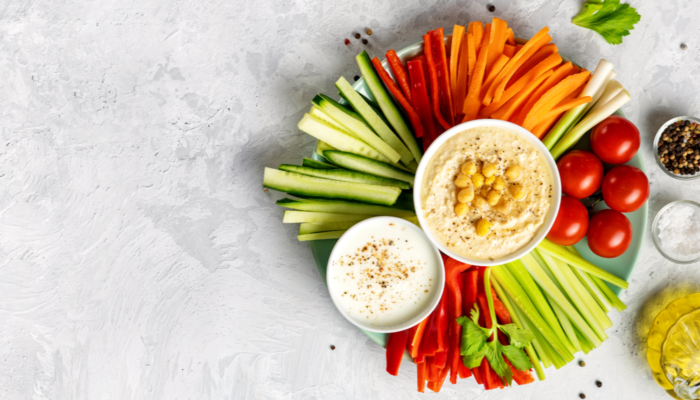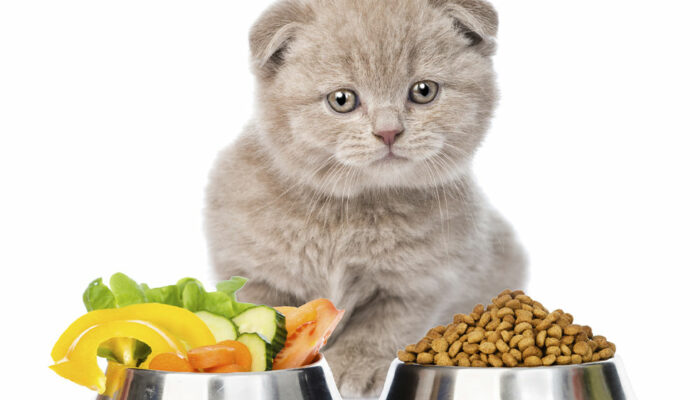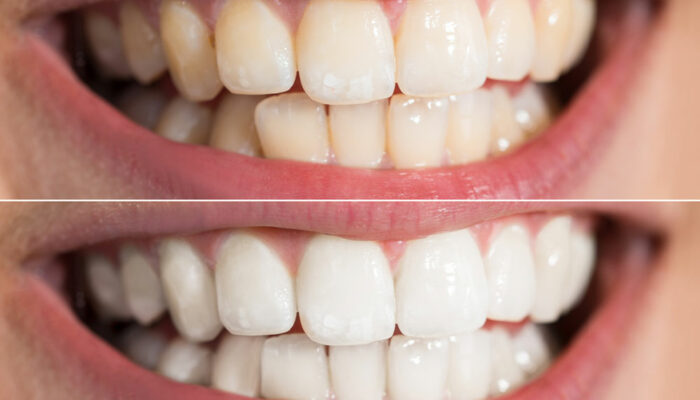
Worst Foods For Colon Cancer and Treatment Options
As with many conditions, plenty of treatment options are available for those with colon cancer. Medications such as Opdivo (nivolumab) used in combination with Yervoy (ipilimumab) is one option. Various therapies are available as well—targeted therapy, systemic therapy, radiation therapy, and more—as well as surgery to remove cancer cells. A colectomy—another type of surgery—involves the removal of a part of the intestine or, in extreme cases, the entire colon. Another option is a polypectomy, which is the removal of early colon cancers via a colonoscopy. If you have colon cancer, it’s important to consult with a medical professional about what treatment plan is right for you.
While various treatment options can be employed, it should also be noted that there are certain foods that can contribute to worsening colon cancer. Either by exacerbating symptoms or containing harmful chemicals in general, there are certain foods that might be best to limit or avoid entirely, depending on the effect that they have on your system. In this article, we outline 4 of these potentially harmful foods for individuals with colon cancer:
1. Foods containing lots of sugar
In excess, eating foods that contain lots of sugar can contribute to obesity. Already, obesity is a significant risk factor for individuals who have colon cancer, so eating foods with excess sugar too often can take the place of foods that are more nutritious such as vegetables and fruits. Candy, desserts, and sodas are a few examples of foods that, while you shouldn’t need to completely avoid, are best consumed in moderation.
2. Caffeine
While a hot, fresh cup of coffee in the morning may sound appealing, the caffeine can be the opposite. With the potential to aggravate existing colon cancer symptoms—diarrhea and nausea, for instance—consuming too much caffeine can have negative impacts on your wellbeing. Additionally, caffeine has the potential to make insomnia—a side effect of chemotherapy—worse, as well as possibly increasing stomach acid production which can result in acid reflux heartburn and difficulty swallowing. Overall, it might be best for those with colon cancer to limit their intake of caffeine.
3. Cured and processed meats
Although the data is older as it stands today, the World Health Organization recommended in 2015 that people limit or avoid consuming processed meats due to their status as a carcinogen. The chemicals in various processed meats—bacon, for example—may negatively affect the lining of the colon. If an individual already has colon cancer, processed meats might aggravate existing symptoms and have an impact on the already sensitive colon. Thus, it may be a good idea to limit the intake of processed meats, especially for those who already have colon cancer.
4. Alcohol
It is recommended for those with colon cancer to rarely drink alcohol or simply avoid drinking it altogether. For starters, consumption of alcohol can negatively mix with any medications that a person might be taking, as well as potentially resulting in heartburn and acid reflux. Causing difficulty swallowing, aggravating existing throat pain, and contributing to a dry mouth is not uncommon of alcohol, which is why it’s likely good to stay away.



